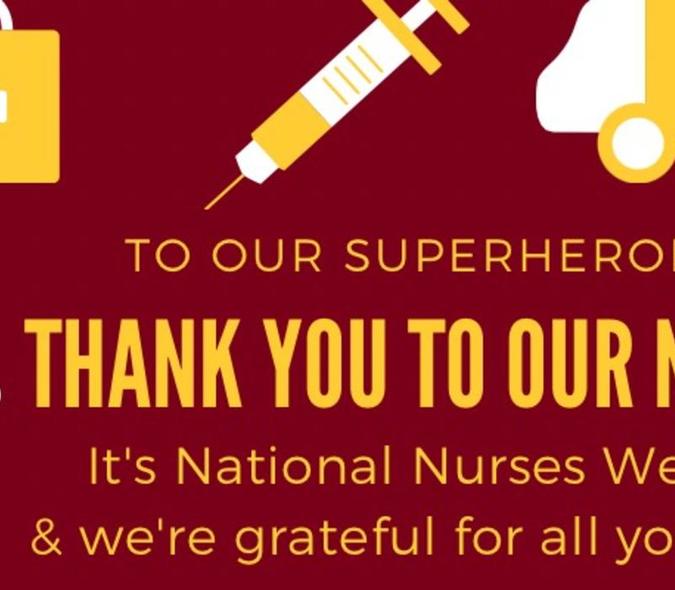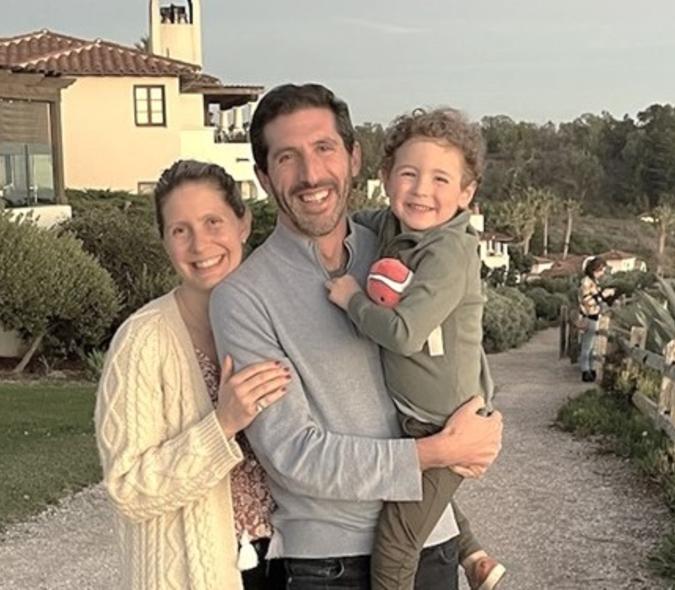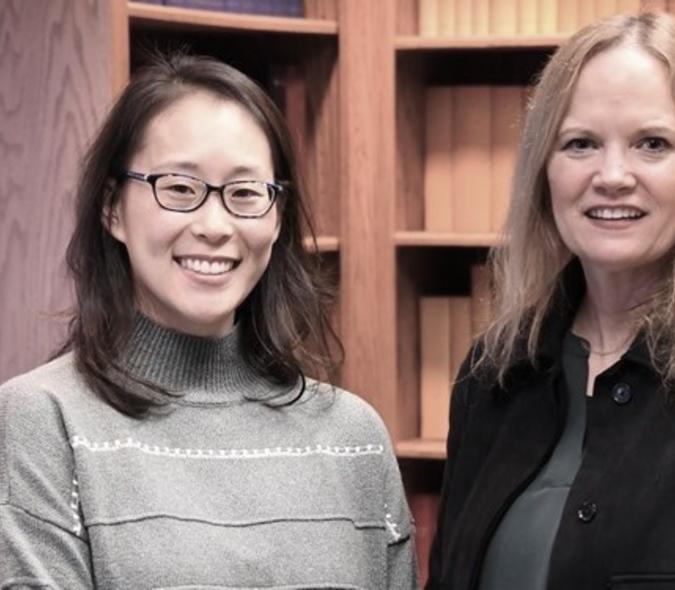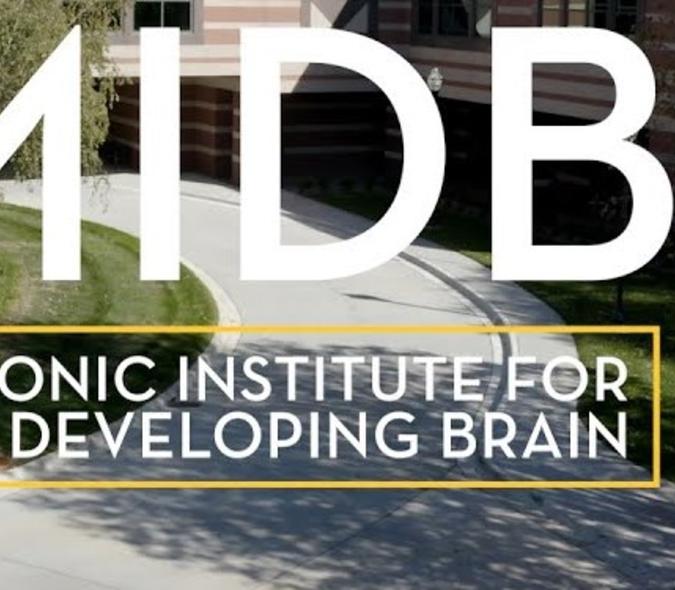
Program provides mental health support for women during one of the most vulnerable times in their lives
When a woman is pregnant and then gives birth, it can be one of the most meaningful periods of her life. It can also be one of the first times in her life that she suffers from mental health issues – or a time that exacerbates existing psychiatric conditions, such as anxiety and depression.
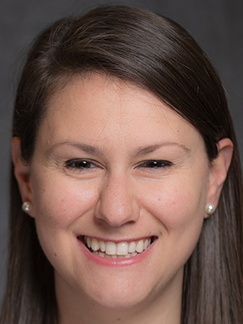
The M Health Fairview Women’s Wellbeing Program recognizes that this time can be fraught with peril. “One out of seven women will have perinatal mental health issues,” said program co-director and psychologist Emily Pisetsky (pictured at left), PhD, LP. “We help women who are thinking about a pregnancy, have experienced a loss, have had a baby, or have just become pregnant. We want to help support them, their partners, and their families.”
Pisetsky is joined by co-directors, child and adolescent psychologist Kristina Reigstad, PSYD, LP; and Katie Thorsness, MD, a perinatal psychiatrist who also works with the Redleaf Center for Family Healing at Hennepin Healthcare in Minneapolis, MN. The team is completed by social worker Patty Peters-Carlson, LICSW, and intake coordinator Danielle Smith. The Women’s Wellbeing Program was launched in October 2017.
“We do a two-part evaluation on Thursday mornings,” noted Pisetsky. “Everyone gets a nonmedical diagnostic assessment from psychology, and in the second week, they get a medical evaluation from psychiatry. Some come in wanting therapy, some want medication, some want both … others have no idea.”
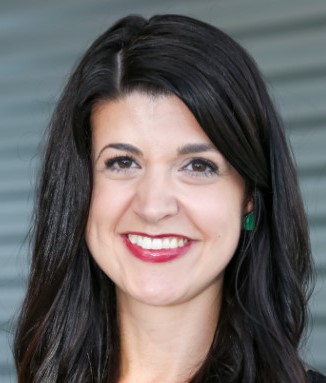
Therapy = gold standard
Therapy is the gold standard for these patients. “By the time I meet with them, that seed has been planted by Drs. Reigstad and Pisetsky,” explained Thorsness (pictured at right). “We also talk about support and connection – group therapy can be powerful for these women. With all that we’re going through as a community, we ask how they’re doing, are they sleeping, or getting movement such as walking or exercising during the day. We ask about the connection with their partner – what are the primary relationships in their life and how are they going? We also talk about medication.”
Medication can be a valuable piece of the healing puzzle but is rarely the only piece, according to Thorsness. “If they’re open to the conversation, my job is to offer all the scientifically sound medication options available during their perinatal period,” she said. “I will partner with them in a way that feels best for their body. Maybe it’s medication, maybe it’s not. But I want them to know that it’s okay if it is medication. It can increase their bandwidth to be the parent they want to be.”
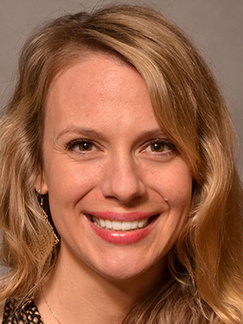
Powerful work
This is multigenerational work, after all. “What we do with these mothers will impact generations to come,” said Reigstad (pictured at left). “The ways in which we can meet their needs and optimize care for them will set their babies up for better outcomes.” That’s a crucial point. “These mothers couldn’t choose how they were parented, but they can choose how they want to parent,” said Thorsness. “Helping them intentionally choose the kind of parent they want to be is powerful work.”
Women are referred to the program because they’re struggling to connect with their babies, or with mood and anxiety disorders, and/or depression. Some may need help dealing with the loss of a pregnancy or a baby. “Kristina and I bring the latest evidence-based therapies to support these moms on their journey,” said Pisetsky. “We provide cognitive behavior therapy, interpersonal psychotherapy, and third wave behavioral therapy, all of which are all skills-oriented. We teach them how to recognize, challenge or reframe anxious thoughts. Or how to go about living their life, despite those thoughts. We might also teach skills around interpersonal effectiveness, such as communicating their needs more effectively to partners, family, and friends. We teach skills related to prioritizing their own self-care. If you’re a parent, you need to be able to put your own oxygen mask on first before you can help your baby. That might mean asking someone to help with the baby so they can go out for a walk or someone to help protect their sleep time. There are all sorts of ways we can help them.”
Working across disciplines
Thorsness enjoys the interdisciplinary nature of the work being done by the Program. “We have psychology, social work, intake, and learners who join us during formal team meetings and help us think about how to best support the families we serve – to help them heal in the best way,” she said. “I appreciate having those perspectives because it helps us provide holistic care.” As Reigstad noted, “We can wrap around our patients.”
The group is grateful to have the support of the Department of Psychiatry & Behavioral Sciences and the Medical School to help train residents and medical school students in this area. “While a large portion of our potential patient population is of childbearing years, it’s often difficult to find a psychiatrist who is very informed about perinatal mental health,” said Reigstad. “We come up against a lot of myths or misguided thinking. We’re trying to equip the next generation of doctors with evidence-based information to help moms stay well.”
At the end of the day, this is all about empowering the parent. “Our approach is one of warmth and positive regard,” said Reigstad. “Even when they don’t feel well equipped to be a parent, they are the expert on their baby. Everything we do is designed to make them feel more effective and supported in that role.”
If you have any questions about the Women’s Wellbeing program or would like to refer yourself or a patient, call 612-672-7000.
